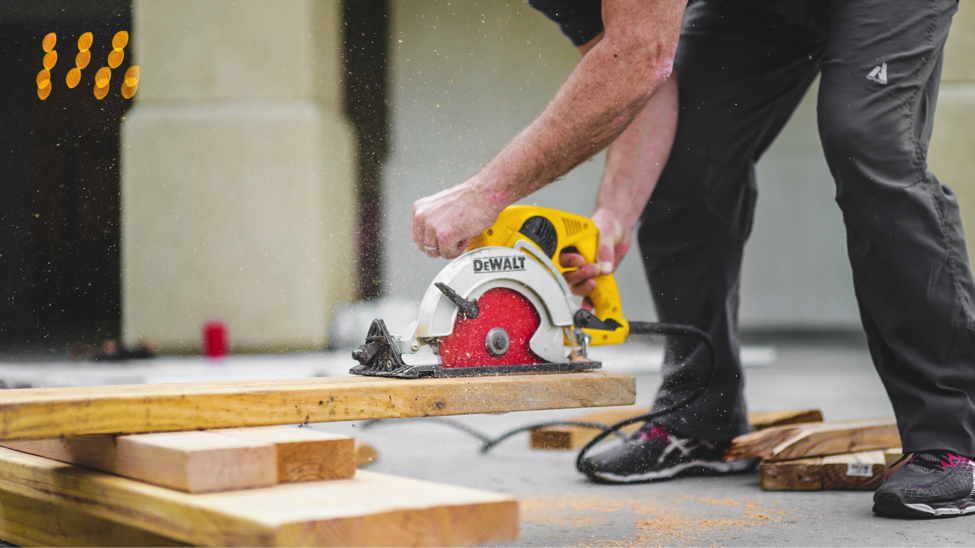The general contractor you have commissioned will monitor every aspect of your project. You are responsible for everything from design sketches to building inspections!

Regardless of whether you're renovating your kitchen, creating a new home, or remodeling your bathroom, choosing the right contractor is critical. The wrong contractor can possibly cause an expensive project to go wrong. Follow these tips and tricks to make sure you hire the perfect contractor for you.
1. Make sure they are licensed
While many states require contractors to license, some do not. For information on the status of your state, contact your local construction office or your consumer protection agency. If a contractor license is required in your state or district, your contractor should be able to provide you with an up-to-date copy.
2. Check whether you are insured
There are too many horror stories about what can happen on a construction site. To ensure the safety of your crew, all professional contractors should be insured. ALWAYS ask your contractor what types of insurance they have. The Federal Trade Commission recommends that contractors:
- Personal liability insurance
- Work compensation insurance
- Property damage insurance
If your contractor is not insured, you may be held liable for injuries and damage that occur throughout the project. Make sure your contractor provides copies of the latest insurance certificates.

3. Avoid fraud
Unfortunately, although there are countless authorized and ethical contractors across the country, some scammers pretend to be legitimate contractors. These fraudsters take advantage of homeowners and mislead them. An excellent quick research tip is the search for the name of the contractor with "fraud" or "rip off". Here are some other telltale signs that the contractor you are looking for is a potential scam.
- ONLY accepts cash. While smaller projects are occasionally paid for in cash or credit, larger projects are usually funded.
- Urges an immediate answer. Your contractor shouldn't put you under pressure, but give you enough time to think about your decision.
- Asks you to obtain the necessary permits. It is the contractor's obligation to contact local or government agencies to obtain the necessary permits, NOT the homeowner's.
Do not hurry to choose a contractor. It is better to take some time to find and select a contractor that you are completely satisfied with.

4. Scope of the reference list and previous work
Your contractor should be able to provide you with a list of current and past customers that you can reach. Contact some of these customers and ask:
- When did the project take place?
- Has the project been completed on time?
- Were you satisfied with the work of the contractor?
- Are there any additional unforeseen expenses?
Also ask for a portfolio with the previous work of the contractor. If other projects are in progress, tell the contractor that you want to visit the site. If your contractor's previous customers are happy with their new home, there is a high probability that you will be happy with yours.
5. Price estimates
Let's say you have created a comprehensive set of plans with specifications with the help of a designer or architect. Your next step is to get written quotes from multiple contractors. These contractors should provide you with comparable price estimates. It is important to note that the lowest bidder may not be suitable for your project. Indeed, be wary of significantly lower project offers as this could mean that the contractor is a scam. If in doubt, be careful. You can find more information at homecarecontractors.com.




